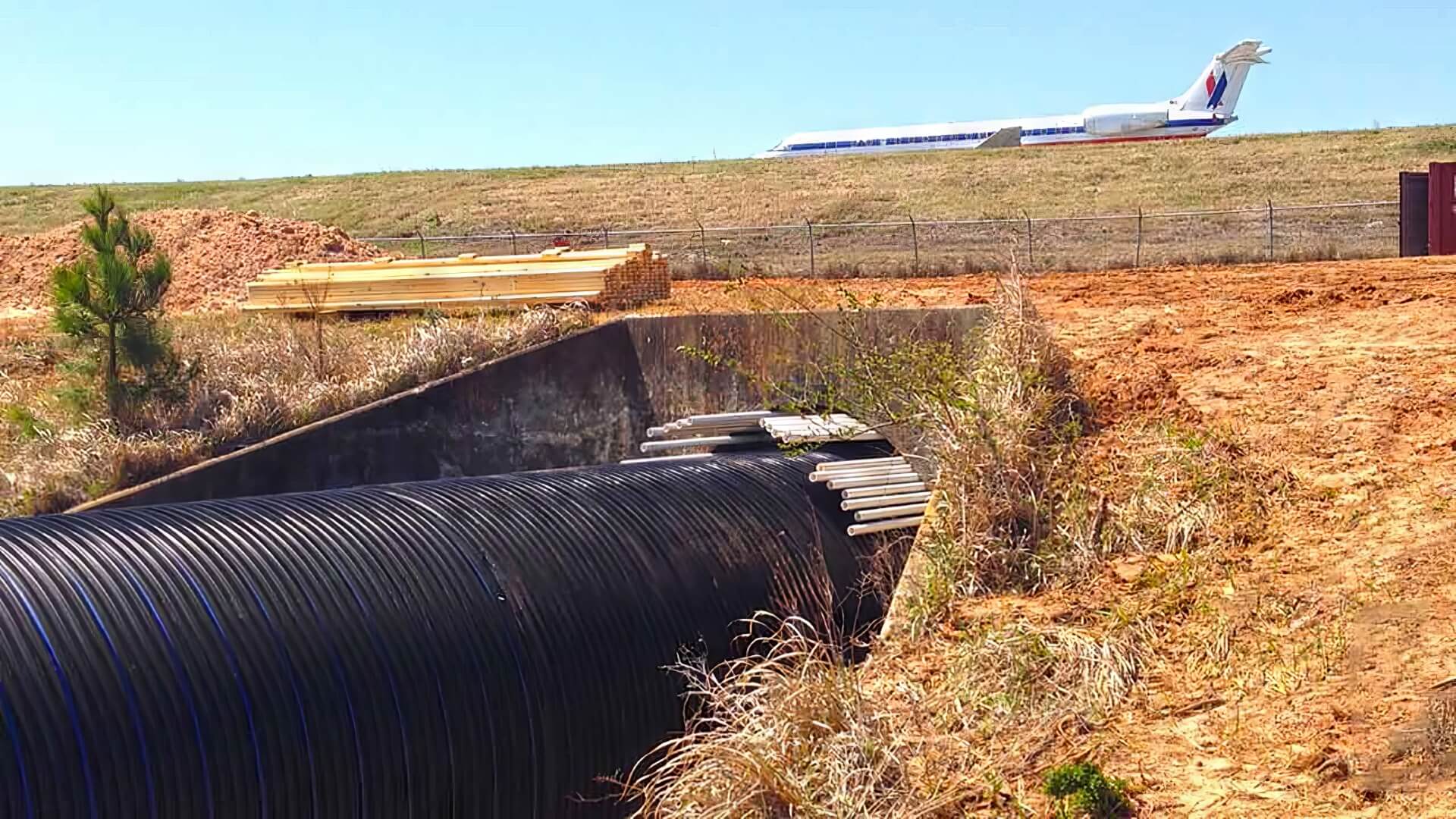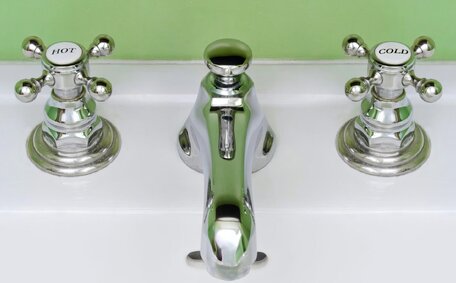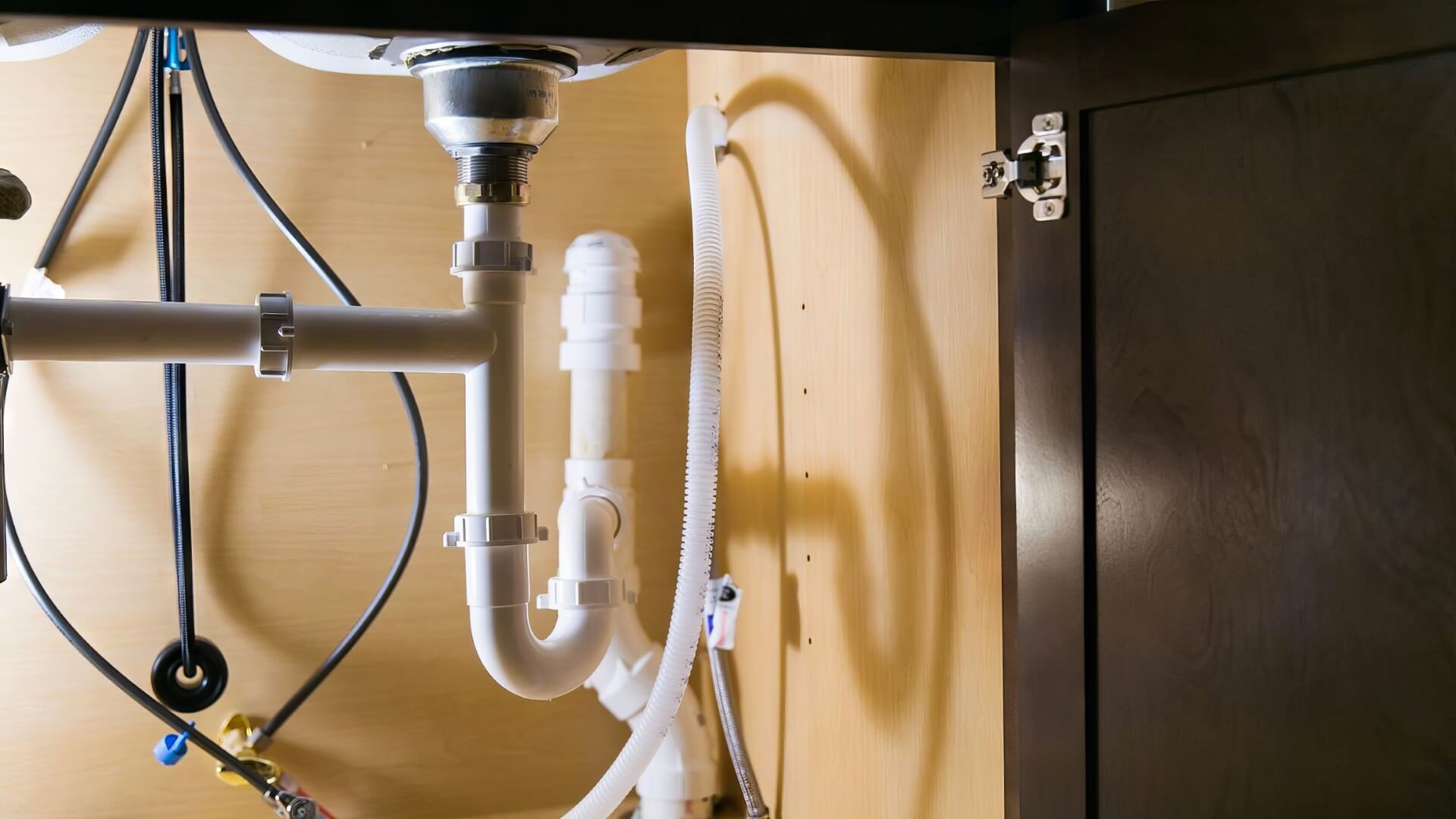
Does Pipe Relining Increase Property Value?
Pipe relining fixes damaged pipes without digging or replacement. It prevents leaks, damage, and improves drainage. This increases property value and saleability for under $2000.
Read MoreWater quality issues greatly affect your quality of life. From discoloured water flowing from your tap, to unpleasant odours or tastes, these issues are not only annoying but can also pose health risks if contaminants are present. Plumbers are critical in pinpointing and fixing household plumbing issues.
A range of factors can impact the water entering your home, thereby affecting your family’s health.
When a water quality problem can affect your home, a licensed plumber has the skills and experience to methodically diagnose issues and implement solutions. Regular inspections and maintenance by plumbers guarantee that your tap water is clean, safe, and of optimum quality.
Our expertise allows us to resolve tap water problems, replace faulty components, install filtration systems, and ensure regulatory compliance for potable water.
There are several factors that can lead to poor water quality in homes:
Issues such as dirty tap water, unusual odours, discoloration, and a metallic taste signal potential water quality and health concerns. As licensed professionals, plumbers are tasked with They diagnose issues through inspections of pipes in your home, testing, implement solutions such as filters and repairs, and ensure compliance with safety regulations to keep water safe to drink.
Brown tap water often results from high calcium and magnesium levels in hard water, causing visible fixture buildup.
Mineral buildup from hard water can discolor your water and also cause several related problems:
While water softeners are beneficial, scale inhibitors, which reduce mineral buildup using electromagnetic waves, offer a worthwhile alternative. Plumbers will assess your plumbing for hard water damage, replace compromised parts, and suggest long-term preventative measures.
Corroded old metal pipes can degrade water quality from your taps and compromise the safety of water. As your old iron pipes, copper pipes, brass or iron pipes age, corrosion causes rusting and the buildup of sediment, affecting the taste, colour and safety of water.
Signs your property may have old corroded pipes include:
Ideally, fully replacing affected pipelines should be done promptly, especially in older homes that haven’t undergone plumbing upgrades. Pipe relining can be another option to fix the problem with your plumbing in some cases.
Professional plumbers, through extensive training, can identify and fix rusted plumbing, ensuring your drinking water isn’t compromised by faulty pipes. They have the skills and tools to:
With routine inspections, testing and preventative maintenance, plumbers play a pivotal role in ensuring your water is safe to drink, by helping you inspect your pipes, identifying risks early and implementing appropriate solutions.
When water quality issues arise, plumbers have the expertise to accurately test and diagnose potential causes impacting your water supply through various methods:
These diagnostic processes assist plumbers in identifying specific contaminants or underlying issues with your tap water. We can then advise on suitable solutions whether it’s installing a filtration system, replacing pipes sections, performing repairs to stop leaks or routine maintenance to optimise water quality and prevent future problems.
As licenced specialists, We manage all testing, reporting, and compliance documentation. With preventative maintenance and early issue detection, plumbers help uphold water quality over time for the health of your household and safety.
After pinpointing the root cause of water quality issues, plumbers can implement various solutions to restore safe drinking water in your home.
Plumbers commonly install water filters to rectify issues such as brown water and enhance water quality.
For extensive refits, we advise replacing entire sections of corroded and mineral-laden pipes. Epoxy barrier pipe linings can also rehabilitate pipes without the need to dig them up.
On top of installations, plumbers repair issues like leaks, seal cracks, replace worn fixtures or valves allowing contaminants in, adjust water pressure and other maintenance to restore water quality and flow.
We handle all permitting, documentation and compliance aspects of work performed on your pipes; please rest assured, we give you peace of mind that your plumbing meets all drinking water safety laws and health regulations.
Homeowners can complement professional plumbing services with DIY measures to boost their water quality:
For assistance with ongoing water quality issues or to verify water safety, please engage a local plumber for expert analysis and recommendations.
It’s essential for your family’s wellbeing to contact a licensed plumber promptly if you’re facing any issues with your household water:
Plumbers have specialised expertise in diagnosing the root causes affecting your cold hot water quality. They can methodically troubleshoot and test to pinpoint problems, identify contaminants, check for infrastructure faults or damage that may require repairs or replacements.
Don’t delay addressing water issues; our emergency team is prepared to tackle the health risks and minor leaks or cracks before they escalate. Preventative maintenance also keeps water infrastructure functioning optimally for quality and flow.
To enhance your water quality, water flow, pressure, or address plumbing issues, email us or call 1300 349 338 to book a visit from our Leichhardt plumbers.
Preventative maintenance is crucial for optimising and maintaining water quality over time. By scheduling routine plumbing check-ups and repairs before major issues arise, plumbers can detect early signs of contamination or infrastructure damage.
Essential preventative measures encompass:
Regular maintenance by plumbers establishes water quality, system condition, and flow rate baselines for early anomaly detection and resolution. This helps optimise the safety of drinking water, avert more costly emergency repairs down the track and extend the working life of plumbing systems.
For preventative plumbing maintenance or water quality troubleshooting, please email us or call 1300 349 338 to book an inspection with our Leichhardt plumbers.
Pipe relining fixes damaged pipes without digging or replacement. It prevents leaks, damage, and improves drainage. This increases property value and saleability for under $2000.
Read MoreThe efficiency of your hot water system can be impacted by various environmental factors. Proper insulation, temperate climates, and appropriately sized systems lead to enhanced efficiency, lower energy bills, and reduced emissions. Compare different hot water systems and learn tips to maximise efficiency.
Read MorePipe relining is the most effective way to permanently solve bad sewer smells without the need to dig trenches or damage your property. Our trenchless pipe repair specialists use specially designed pipes to reline your old, damaged pipes. This stops cracks and leaks that let sewage smells flood your home.
Read MoreLeichhardt, 2040 NSW
We will call back as soon as possible.




